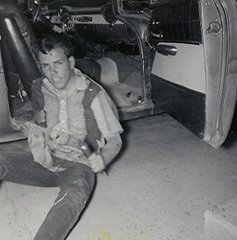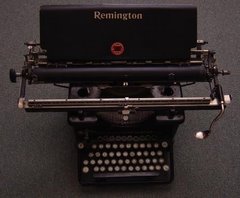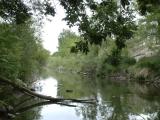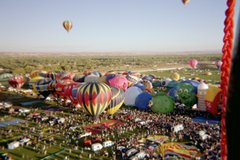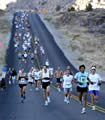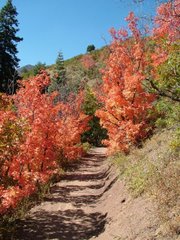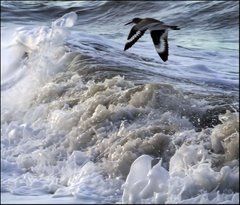
The Call of the Wild (Jack London). This book is about a dog named Buck His life starts out in Santa Clara Valley but he was neither a housedog nor a kennel dog. His father was a Saint Bernard and his mother was a Scotch Shepherd dog. At one point in the book Buck's change is compared to his Scotch Shepherd side sort of fading away. Later his actions mirror and even dominate those of the wolves around him. The book is about Buck and his transition and response to the wild land he finds and the "wild" that may have always been in him. We are told that the "dominant primordial beast was strong in Buck."A series of events took him to Alaska where many big dogs with strong muscles found work. His strong attachment and genuine love for his master ends with no master and he seems to have become what had called him all along.We really do see through Bucks eyes. Even so it isn't just his transformation that we feel but get our own taste of what the "wild" is. The book is one that you will want to read in one sitting. It is hard to put down. It is a good book for friends who may not really like to read and likewise is a unique experience in a point of view for those that do
































